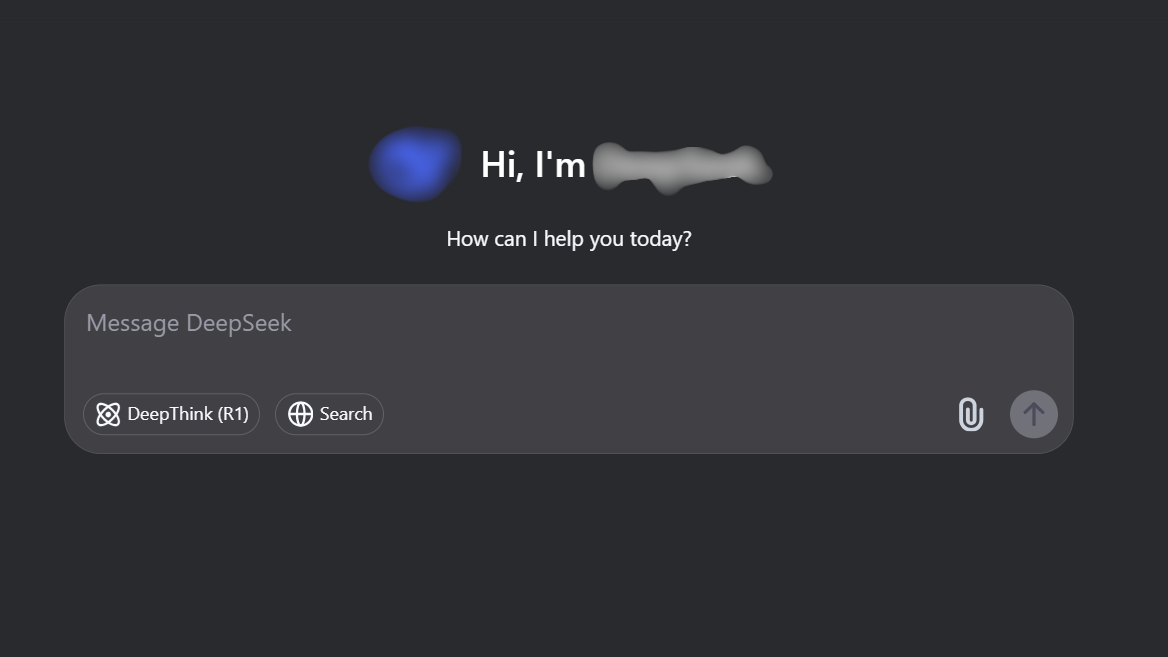
International Community Blocking DeepSeek Over Privacy Concerns
Categories: AI, Business, Cybersecurity, Data, Data Privacy
AI has quickly become the latest battleground for an international arms race, and China has now asserted itself as a major contender – releasing an AI model rivalling the best of the US and tanking American tech stocks.
The international community has responded with widespread and perhaps reasonable decisions to block or restrict DeepSeek’s use. Any privacy conscious internet user should aim to understand what’s happening with DeepSeek, and the implications.
What is DeepSeek?
DeepSeek – a Chinese AI model and chatbot, recently shook the US, tanking a number of tech stocks (Forbes). Shortly after its release, the US, Australia, South Korea, Italy, and Taiwan have all banned or limited its availability (Al Jazeera).
This response is unsurprising, and quite evidently related to the origin country of DeepSeek. Multiple investigations into DeepSeek and their data management have been launched – the outcome of which is likely to have massive implications on the adoption of the model.
How Have Leaders Responded to DeepSeek?
U.S. Representatives introduced the “No DeepSeek on Government Devices Act” – aiming to prohibit federal employees from using the software. Predictably, the cited concern is that the Chinese Communist Party may exploit the app for surveillance and misinformation (Associated Press).
Italy’s data protection authority, Garante, has blocked DeepSeek, a Chinese AI chatbot, citing concerns over how it handles user data (AP News). An investigation into DeepSeek’s data collection and storage is underway, which will likely impact the scope of Italy’s ban.
Australia announced a ban of DeepSeek on all government devices (Reuters), citing security concerns similarly to other countries. This ban does not extend to personal users or private businesses.
South Korea’s Industry Ministry temporarily blocked employee access to DeepSeek due to security concerns – prompting their Defense, Foreign and Trade ministries to follow suit. State-run entities (in particular, members of the energy sector) have also implemented similar restrictions. South Korea will also be investigating DeepSeek’s data management practices, which is likely to impact the future of the ban. (Reuters)
Finally Taiwan has followed suit; banning DeepSeek in government agencies, public schools, state-owned enterprises, and a number of additional organizations (Reuters).
Is DeepSeek Actually Dangerous?
Whether or not DeepSeek is dangerous is a nuanced, complex question – and one that no one truly has the answer to. Given the code is open-source, it is unlikely the publicly available version of DeepSeek has any malicious code.
However, there are still risks, though they are not currently grounded with any actual evidence.
Hypothetically, DeepSeek could extract user data (chat logs), which could be used to understand public sentiments about major political issues or figures – or other information that bad actors may want to leverage against target states.
Additionally and perhaps more concerning – DeepSeek could become a trusted, regularly used source of information. Updates to the code could involve implementing closed-source models that have specific biases built into them. Similarly to a media company, this could afford DeepSeek the ability to influence public opinion – potentially fanning dangerous flames or sowing unrest.
In fairness, it is worth noting that reporting on DeepSeek’s Privacy Policy does not appear to contain any major irregularities at this point. Additionally, DeepSeek is currently an open source model; meaning anyone can download, read, edit and monetize the code. For context, OpenAI’s AI products are closed source despite its contrarian name (Business Insider).
What Should You Do?
Being mindful of privacy policies and terms of service updates is beneficial, but for most people unrealistic – it’s a lot easier to just follow Redact.dev. As more AI models enter the market, and social media companies hand over data to AI builders – it’s also worth being conscious of your footprint on social media. Our app is the easiest, fastest way to assess and purge your old content – and it’s free on some of the biggest platforms.